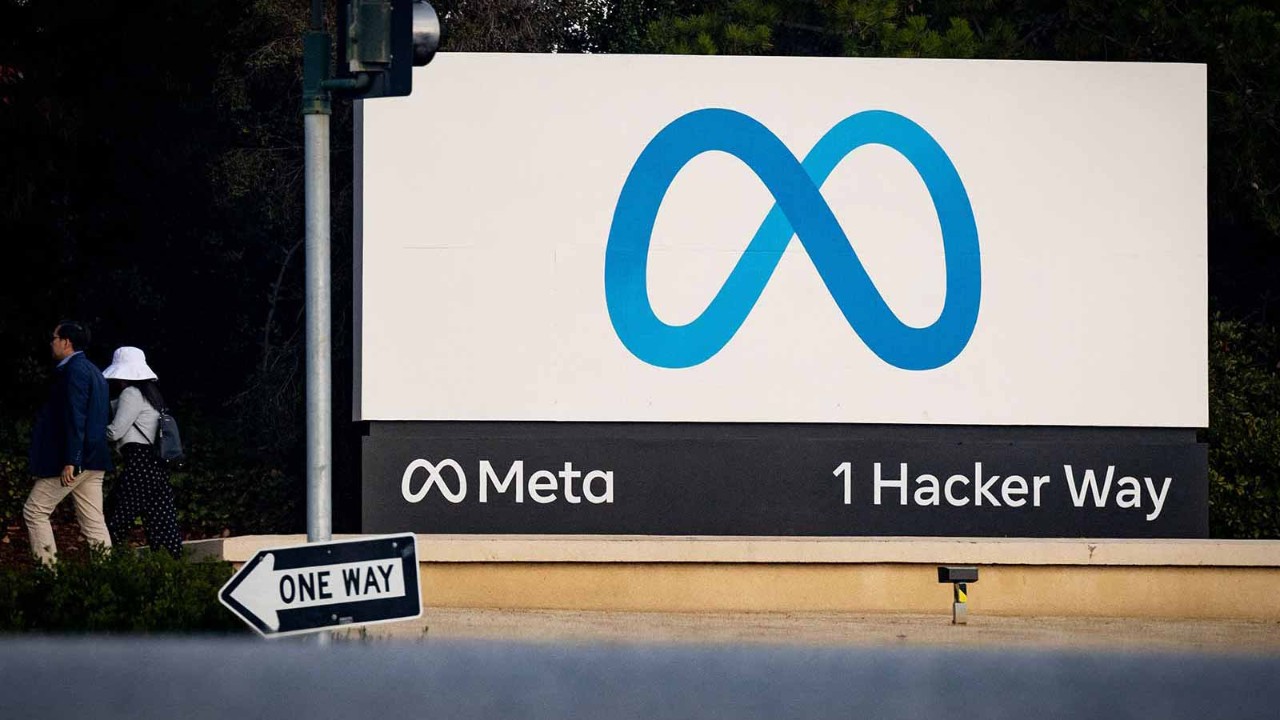
Ireland’s ability to attract the tech industry’s heaviest hitters has been a cornerstone of its economic development, helping to both fuel the Celtic Tiger years and to ‘steady the ship’ in the aftermath of the financial crash. While Ireland’s low corporate tax rate is the obvious lure, the payback for the economy is equally glittering: an abundance of highly paid and seemingly ever-growing employment opportunities.
‘In just a decade, ICT as a share of total value added has grown from 8% to just over 15%’
However, while the tax contribution tech companies make to Ireland’s economy has begun to balloon in recent years (helping to drive the 2022 corporation tax take to €22.6bn, almost double the 2021 figure), employment in the sector is, for the first time, on shakier ground and may even hit reverse.
Productivity peril
A string of layoffs announced by Google, Twitter, Amazon, Microsoft and Meta, among others, earlier this year has shaken confidence in the sector. While the scale of job losses in Ireland has been relatively modest – of the 12,000 redundancies announced by Google globally, for example, just 240 were in Ireland – it is the cumulative effect that concerns observers.
In its quarterly economic commentary published at the end of last year, the Economic and Social Research Institute (ESRI) highlighted the importance of the ICT sector to the Irish economy, noting: ‘In just a decade, ICT as a share of total value added has grown from 8% in 2009 to just over 15% in 2019.’
ESRI reported that in 2019, labour productivity in Ireland’s ICT sector was five times greater than its EU counterparts and 3.5 times greater than its nearest rival, Belgium.
To examine the impact of a ‘significant contraction’, ESRI calculated the results if Irish ICT productivity dropped to Belgian levels, based on 2019 figures, with the results suggesting a potential loss to the economy of nearly €34bn.
More layoffs likely
In Ireland, the first wave of 2023 layoffs were estimated to amount to 2,000 to 3,000, with more likely as the year progresses. In March, the director of Technology Ireland, Una Fitzpatrick, said that while tech had been ‘an incredibly stable sector for an excess of 10 years’, there appeared to be ‘a difficult 24 months ahead’.
‘As advertising revenue decreased it was inevitable layoffs would follow’
The drivers are those playing out in economies across the world as inflation and interest rates soar: declining consumer sentiment and spending power. Writing in The Conversation, US academic Nathalie Collins says that ‘the canary in the coal mine was reduced advertising spend and revenue. As advertising revenue decreased last year it was inevitable layoffs would follow.’
While reducing headcount has its own business logic, it is also about appeasing investor concerns. Meta CEO Mark Zuckerberg has dubbed 2023 ‘the year of efficiency’, and sometimes ruthless cost cutting has brought share price recovery to Meta and Alphabet (the parent companies of Facebook and Google respectively) as well as Microsoft and Amazon as 2023 progresses.
Other variables
One strand of analysis sees the sector’s troubles as simply a cyclical downturn, which Ireland Inc is well placed to ride out. Current redundancies follow the 30% rise in employment in tech between 2019 and 2022, and with the European Commission predicting real GDP growth of 4.9% for Ireland this year, the employment market overall looks set to remain robust.
‘This is highly mobile global tech talent that can go anywhere and work from anywhere’
Indeed, a survey by ManpowerGroup in March found a 32% uptick in hiring intention among Irish tech companies and described the talent shortage as being ‘at a record high’.
Tech in numbers
Central Bank of Ireland’s data for the ICT sector shows:
- An employment total of 164,600 in Q4 2022, up 29.2% compared with Q4 2019, and the fastest pace of employment growth across all sectors over this period.
- An estimated 2,307 layoffs in the year to February 2023, equivalent to 1.4% of overall ICT employment, or 6.2% of the increase in employment since Q4 2019.
- ICT makes up 6.4% of employment but accounts for almost 12% of all income tax revenue and 21.3% of corporation tax.
However, there are other variables at play. Those recently made redundant here may feel they have good reason to look elsewhere for their next opportunity, particularly given the country’s deepening accommodation crisis.
‘From an Ireland Inc perspective, it is important that we retain as much of that talent in country as possible, because this is highly mobile global tech talent that can go anywhere and work from anywhere,’ Fitzpatrick says.
Meanwhile, the recent collapse of Silicon Valley Bank in the US, which had a global role in funding start-ups and venture capitalists including many of the most innovative and high-growth companies, has the potential to hinder emerging IT enterprises at a critical time.
A pinch of salt
Perhaps the most unknown factor of all is the speed of development in the field of artificial intelligence (AI), which has moved centre stage in 2023 through a new generation of generative AI tools, most notably ChatGPT, offering the opportunity for growth and efficiency.
Generative AI could expand global GDP by 7% by replacing the equivalent of 300 million full-time jobs
In an investor call in April, Zuckerberg spoke of an ‘opportunity to introduce AI agents to billions of people in ways that will be useful and meaningful’. The potential downstream impact will concern many in the sector. When cloud storage company Dropbox recently announced layoffs of some 500 employees – 16% of its global workforce – CEO Drew Houston said the company’s ‘next stage of growth requires a different mix of skill sets, particularly in AI and early-stage product development’ – in effect, AI over employees.
A recent report by Goldman Sachs suggests that generative AI could expand global GDP by 7% but do so by replacing the equivalent of 300 million full-time jobs. While technology predictions can often prove wide of the mark, it is clear that the current downcycle in employment numbers faces a new kind of challenge.
Ireland Inc. will need all the resourcefulness it has shown in the past to stay on top of these trends and remain an engine of job creation in tech.




